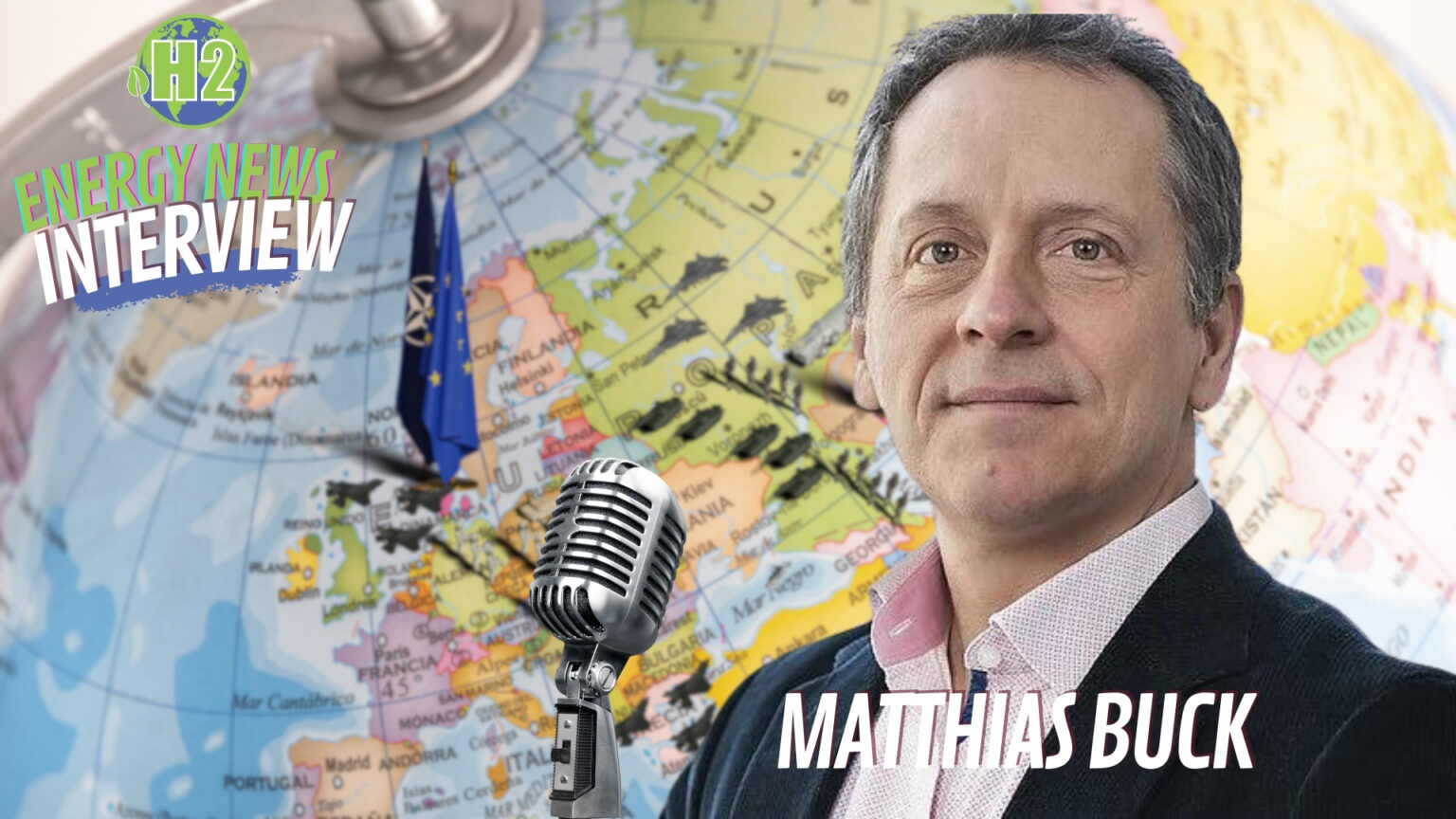In an interview with Energy News, Matthias Buck, the director for Europe at Agora Energiewende, a think tank focused on energy policy, discussed the strategic role of hydrogen in the European Union’s energy transition. While acknowledging the importance of renewable hydrogen for decarbonization, Buck stressed the need to prioritize its applications carefully.
WATCH THE FULL INTERVIEW
Buck highlighted the energy losses associated with “electrolysis,” the process of generating hydrogen from renewable electricity. This, he argued, makes it less efficient than directly using renewable electricity in certain situations. He cautioned against the misconception that hydrogen can be a one-size-fits-all solution for replacing fossil fuels.
Instead, Buck suggested focusing on sectors where alternative solutions are less efficient, such as steel production and specific industrial processes. He emphasized the need for a robust hydrogen market framework with clear government policies to create a stable market and attract investments in renewable hydrogen production.
Here are some key takeaways from the interview:
- Renewable hydrogen is crucial for decarbonization in Europe, but its applications must be carefully considered.
- Electrolysis has energy conversion losses, making it less suitable for all applications.
- Hydrogen is a promising solution for decarbonizing specific industrial processes with less efficient alternatives.
- A stable hydrogen market framework with clear government policies is essential to attract investments.
This interview provides valuable insights into the challenges and opportunities associated with hydrogen as a key player in Europe’s energy transition. By carefully considering hydrogen’s limitations and strategic applications, the EU can leverage this clean energy source to achieve its decarbonization goals.
